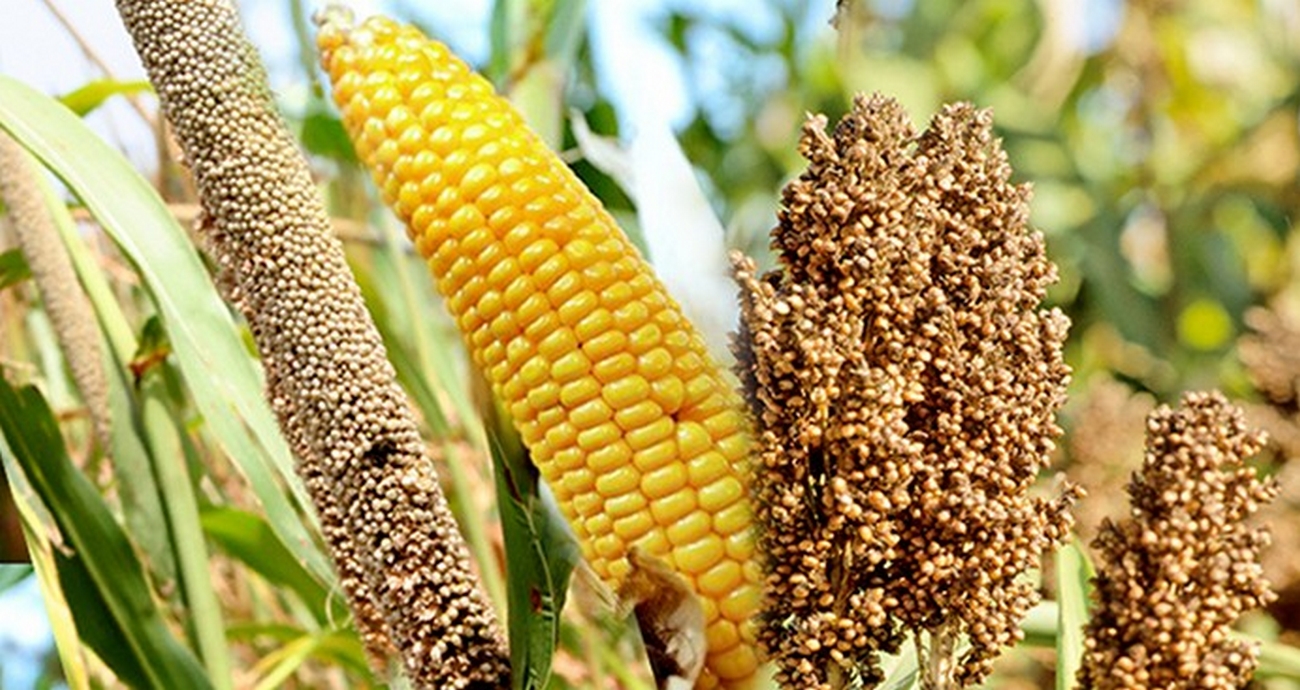
CORAF 16 February 2016 /
Since its inception in 2008, the West Africa Agricultural Productivity Program (WAAPP) has supported not only the generation of 159 agricultural technologies and innovations but also successfully met the challenge of their wide dissemination throughout the13 countries of intervention of the project.
Increasingly technologies transcend borders
WAAPP has generated high yielding technologies generated under WAAPP we have : (a) rice seeder in Mali which has spread to five countries; (b) composite bread technology (mixture of local cereal flour and wheat), launched in Senegal and in now 5 countries; (c) high-yield varieties of cassava and orange-fleshed sweet potatoes from Ghana are disseminated in 3 countries; (d) equipment for the production of parboiled rice in Guinea is being adopted in 4 countries; (e) tomato varieties adapted to the rainy season in Burkina are present in 03 countries, etc.
Regional cooperation on knowledge and technology transfer is intensified
The different National Centres of Specialization have opened the doors of their governance bodies and programs to the sub-region and internationally. The process of their transformation into Regional Centres of Excellence is ongoing.
Each NCOS has organized sub-regional workshops to help WAAPP countries to develop their research programs taking into account regional concerns. The technologies adapted or generated with the support of the program are currently being disseminated in the sub-region and are changing the lives of beneficiaries. The WAAPP model has lightened interactions among stakeholders and value chains actors in addressing common regional issues. A total of 12 multi-countries projects on research and development funded under the regional competitive fund of CORAF/WECARD, are ongoing with more than 40 innovation platforms in countries.
Each of these research projects is implemented simultaneously in at least three countries and mobilizes the best researchers in the sub-region who work in partnership with various stakeholders within teams of the 13 WAAPP countries.Since its inception in 2008, the West Africa Agricultural Productivity Program (WAAPP) has supported not only the generation of 159 agricultural technologies and innovations but also successfully met the challenge of their wide dissemination throughout the13 countries of intervention of the project.
Increasingly technologies transcend borders
WAAPP has generated high yielding technologies generated under WAAPP we have : (a) rice seeder in Mali which has spread to five countries; (b) composite bread technology (mixture of local cereal flour and wheat), launched in Senegal and in now 5 countries; (c) high-yield varieties of cassava and orange-fleshed sweet potatoes from Ghana are disseminated in 3 countries; (d) equipment for the production of parboiled rice in Guinea is being adopted in 4 countries; (e) tomato varieties adapted to the rainy season in Burkina are present in 03 countries, etc.
Regional cooperation on knowledge and technology transfer is intensified
The different National Centres of Specialization have opened the doors of their governance bodies and programs to the sub-region and internationally. The process of their transformation into Regional Centres of Excellence is ongoing.
Each NCOS has organized sub-regional workshops to help WAAPP countries to develop their research programs taking into account regional concerns. The technologies adapted or generated with the support of the program are currently being disseminated in the sub-region and are changing the lives of beneficiaries. The WAAPP model has lightened interactions among stakeholders and value chains actors in addressing common regional issues. A total of 12 multi-countries projects on research and development funded under the regional competitive fund of CORAF/WECARD, are ongoing with more than 40 innovation platforms in countries.
Each of these research projects is implemented simultaneously in at least three countries and mobilizes the best researchers in the sub-region who work in partnership with various stakeholders within teams of the 13 WAAPP countries.







